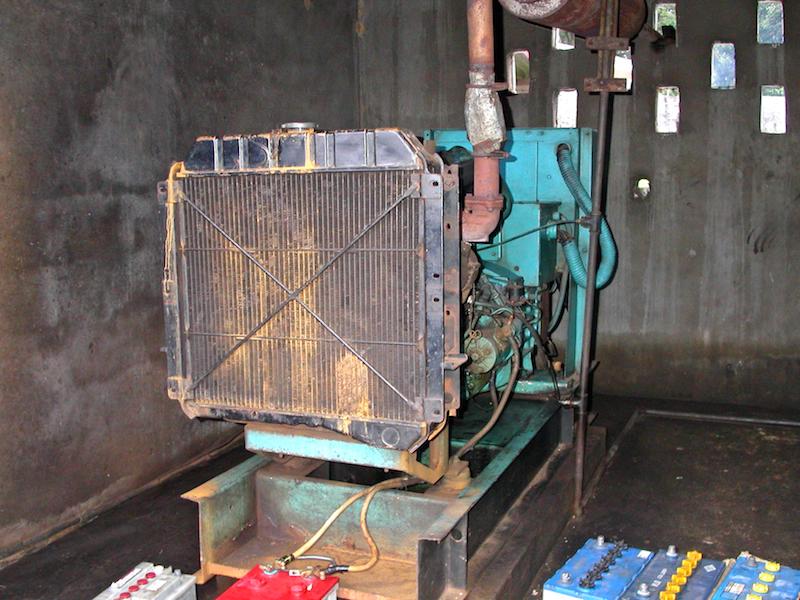How (Not) to Maintain a Standby Generator
Standby generators are an investment. They cost thousands of dollars to purchase and install, and just like with a car, you need to maintain a standby generator and avoid things that harm them in order to get the most use out of them. Neglecting your generator will not only shorten its life but stop it from functioning when you need it. In fact, it’s not uncommon for standby generators to fail to start simply because their fuel filters are clogged or batteries drained.
We realize, however, that not everyone wants to protect their investments. For those of you who want to destroy your standby generator and waste thousands of dollars, we’ve listed five things you can do that will detract from your generator’s lifespan.
Connect Your Generator Directly to the Service Panel
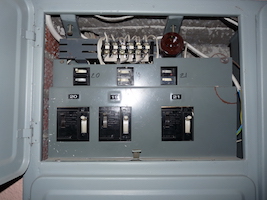 If you want to damage your generator, you can do so from the get-go by connecting it directly to the service panel in your home or business instead of a transfer switch. Without a transfer switch, electricity produced by the generator can damage the circuits in your appliances and damage the generator itself. This is a great option if you need an excuse to replace some expensive appliances.
If you want to damage your generator, you can do so from the get-go by connecting it directly to the service panel in your home or business instead of a transfer switch. Without a transfer switch, electricity produced by the generator can damage the circuits in your appliances and damage the generator itself. This is a great option if you need an excuse to replace some expensive appliances.
It’s great, too, if you’re into neglecting the safety of others. When you tie your generator directly to the service panel, power can flow backwards up the utility line and endanger utility workers out making repairs. It’s for this reason, among others, that the National Electric Code requires you have a transfer switch if you’re powering your building through a source other than the utility line. (If you like visiting courtrooms, this is yet another reason to connect your generator directly to the service panel.)
To be certain that your generator gets connected to the service panel, you’ll have to install it yourself. Don’t hire a professional. If a professional installs your new generator, they’ll do it right and connect it to a transfer switch, which isn’t what you want if your goal is to waste money.
Ignore the Fuel Supply
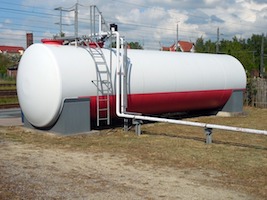 If you would like to hire a technician to clean and repair your generator every time you need it, ignore your fuel supply. This is mostly a consideration with diesel- or gasoline-powered generators. Propane doesn’t degrade, and because natural gas comes via a pipeline, you don’t need to consider its storage.
If you would like to hire a technician to clean and repair your generator every time you need it, ignore your fuel supply. This is mostly a consideration with diesel- or gasoline-powered generators. Propane doesn’t degrade, and because natural gas comes via a pipeline, you don’t need to consider its storage.
If you have a gasoline generator, make sure to wait until your gasoline is 90 to 100 days old before using it. Gasoline has a shelf life of only about three months, so waiting until then will ensure it has degraded enough to properly damage your generator engine.
When you pour the gasoline, do so when the generator has been running and is hot. You can then splash some gas on the exhaust or near the sparkplug and start a fire. The fire will nicely melt the cables and other plastic components on the generator and possibly even cause an explosion if the gas in the container you’re pouring from catches fire.
For diesel, wait between six and 12 months to use the fuel, which is its lifespan depending on storage temperatures and whether you add stabilizers. Also, do not test the fuel to see whether bacteria has contaminated it. Modern diesel fuel is more prone to bacterial contamination. Bacteria will separate the fuel and will itself damage engines.
Don’t Maintain Your Generator
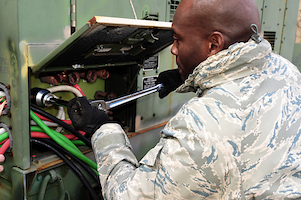 Another good way to decrease your generator’s lifespan is to neglect maintenance. Skipping routine maintenance one or two times likely won’t ruin the generator, but it will hurt it over the long haul, and skipping maintenance may mean it seizes or won’t start up. No power means that sump pumps won’t drain a flooded basement and refrigerators won’t keep food cold. So on top of having to pay for someone to fix your generator, you’ll also have to pay for the related damage.
Another good way to decrease your generator’s lifespan is to neglect maintenance. Skipping routine maintenance one or two times likely won’t ruin the generator, but it will hurt it over the long haul, and skipping maintenance may mean it seizes or won’t start up. No power means that sump pumps won’t drain a flooded basement and refrigerators won’t keep food cold. So on top of having to pay for someone to fix your generator, you’ll also have to pay for the related damage.
For diesel generators, make sure to avoid:
- Checking the coolant levels
- Checking the fuel system
- Cleaning the generator (oil drips, gaskets, etc.)
For natural gas generators, avoid:
- Changing the spark plugs
In general, avoid:
- Checking the lubrication (checking the oil level monthly)
- Regularly exercising (running) the generator per manufacturer’s instructions
- Testing and cleaning the batteries
- Changing the air filters
- Keeping the area around the generator clean and free of debris
- Clearing large amounts of snow off your generator
Wet Stack Your Diesel Generator
 Wet stacking a diesel engine means that your diesel engine isn’t burning all the fuel being pumped into the cylinders. It happens when the engine runs too cold with a light load for an extended period of time. Wet stacking your generator will waste fuel and over time damage the engine and exhaust system.
Wet stacking a diesel engine means that your diesel engine isn’t burning all the fuel being pumped into the cylinders. It happens when the engine runs too cold with a light load for an extended period of time. Wet stacking your generator will waste fuel and over time damage the engine and exhaust system.
If you’re looking to wet stack your diesel generator, do the following:
- Avoid regularly exercise your generator. Letting your generator sit idle for weeks or months is a surefire way to ensure it won’t run well. (Most new generators will exercise themselves automatically, so you’ll have to turn off this feature.)
- Run your generator at 60 percent or less of its rated output.
- Change the manufacturer’s fuel-to-air ratio.
- Let the fuel run low.
- Never let a qualified technician maintain your generator. If they do, they’ll replace faulty fuel injectors, valves, and other problems affect the air-to-fuel ratio in your engine.
Expose Your Generator to the Elements
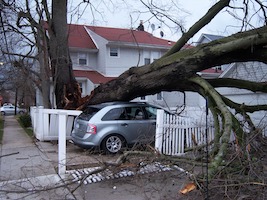 Last, you can shorten the lifespan of your generator by exposing it to the elements. While new, residential generators come with an enclosure, some commercial and industrial generators do not. Exposure to changing temperatures, acid rain, snow and ice, hail, falling limbs, and other natural elements is sure to degrade not only the appearance but overall performance of your generator over time. Make sure, therefore, to avoid purchasing protective enclosures for your generators.
Last, you can shorten the lifespan of your generator by exposing it to the elements. While new, residential generators come with an enclosure, some commercial and industrial generators do not. Exposure to changing temperatures, acid rain, snow and ice, hail, falling limbs, and other natural elements is sure to degrade not only the appearance but overall performance of your generator over time. Make sure, therefore, to avoid purchasing protective enclosures for your generators.
For Those Who Want to Maintain Their Generator
For everyone else who wants to invest their investment, do the opposite of our suggestions in this blog. Properly maintained generators can last between 20 and 30 years and rarely encounter problems. Midwest Generator Solutions offers maintenance agreements for Generac, Kohler, and Briggs & Stratton generators so you won’t even have to concern yourself with keeping the generator in good order — perhaps the best solution if you want to avoid (or will forget) the maintenance yourself but don’t want to waste the money you’ve placed into this emergency power supply.
For questions about our maintenance agreement packages, call or contact Midwest Generator Solutions today.

